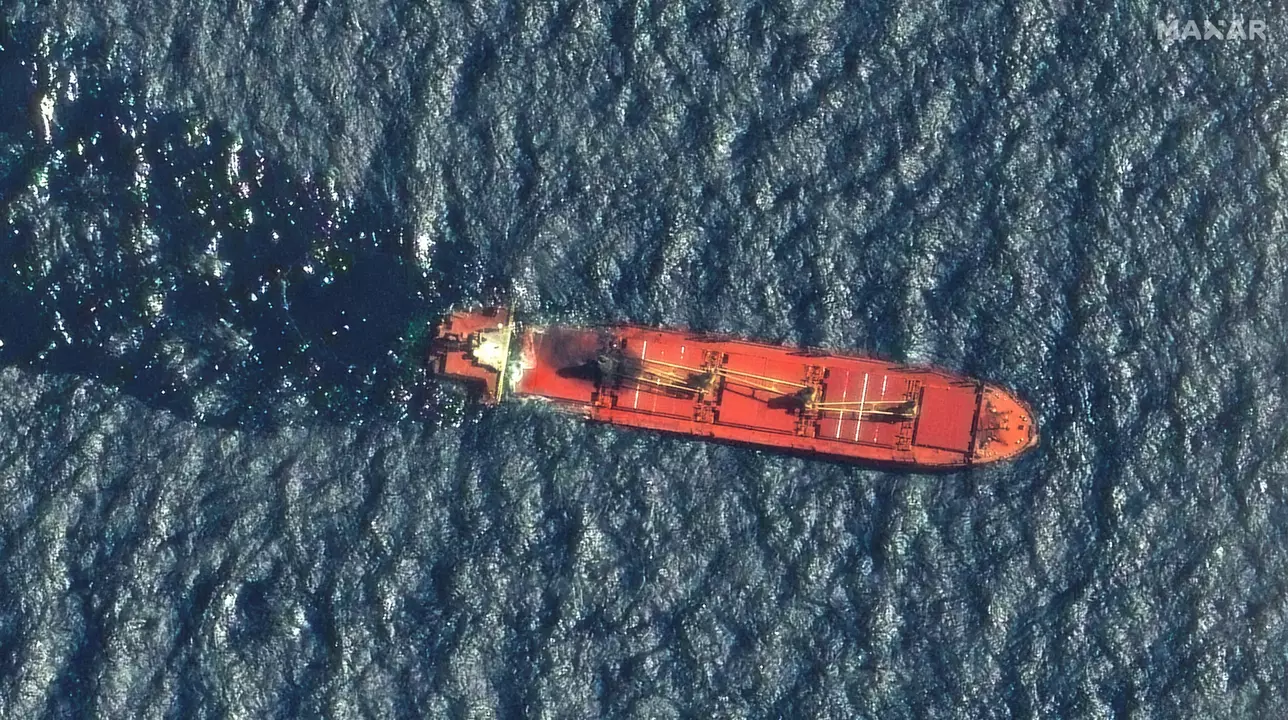In the dynamic landscape of the maritime industry, geopolitical tensions often play a significant role in shaping global shipping routes and strategies. Recently, the ceasefire deal between Israel and Hamas has brought attention to the impact of such conflicts on maritime security, particularly in the Red Sea region. The Iran-aligned Houthis in Yemen, who have been targeting ships in solidarity with Palestinians, have agreed to monitor the ceasefire and halt their operations if the conflict ends. This development holds significant implications for international commerce and maritime safety.
The Impact of Houthi Attacks on Shipping Routes
Since November 2023, the Houthis have been targeting ships near Yemen’s shores using ballistic missiles and drones. These attacks have disrupted international commerce, forcing some ships to take the longer route around southern Africa rather than the Suez Canal. This diversion has led to increased insurance rates, delivery costs, and transit times, raising concerns about global inflation.
Shipping giants like Maersk and Hapag-Lloyd have expressed caution, seeing no immediate return to the Red Sea despite the ceasefire. The Houthis, who control most parts of Yemen, including the capital Sanaa, have sunk two vessels, seized another, and killed at least four seafarers. Their actions have not only affected the maritime industry but also escalated tensions with Israel, which has responded with airstrikes on Houthi areas.
International Response to Maritime Threats
The United States and Britain launched a multinational operation in December 2023 to safeguard commerce in the Red Sea. This operation has included air strikes on Houthi strongholds targeting weapons storage facilities. Additionally, the EU launched its own Red Sea mission, known as Aspides, in February to deter Houthi attacks and protect the key maritime trade route.
These international efforts underscore the strategic importance of the Red Sea and the Suez Canal for global trade. The Houthis’ alignment with Iran’s anti-Israel and anti-Western alliance, which includes Hamas, Hezbollah, and Shi’ite armed groups in Iraq, adds a layer of complexity to the maritime security challenges in the region.
Implications for the Maritime Industry
- Route Diversions: The threat of attacks has led to route diversions, impacting delivery times and costs.
- Increased Insurance Rates: The heightened risk has resulted in higher insurance premiums for vessels transiting the region.
- Global Inflation Concerns: The disruption in shipping routes has stoked fears of a new bout of global inflation due to increased delivery costs and times.
Conclusion
The ceasefire between Israel and Hamas, along with the Houthis’ agreement to monitor its implementation, offers a glimmer of hope for improved maritime security in the Red Sea. However, the maritime industry remains cautious, with major players like Maersk and Hapag-Lloyd not seeing an immediate return to normalcy. The international community’s efforts to safeguard commerce in the region highlight the critical importance of the Red Sea and the Suez Canal for global trade. As geopolitical tensions continue to shape maritime strategies, the industry must remain adaptable and vigilant.


Leave a Reply